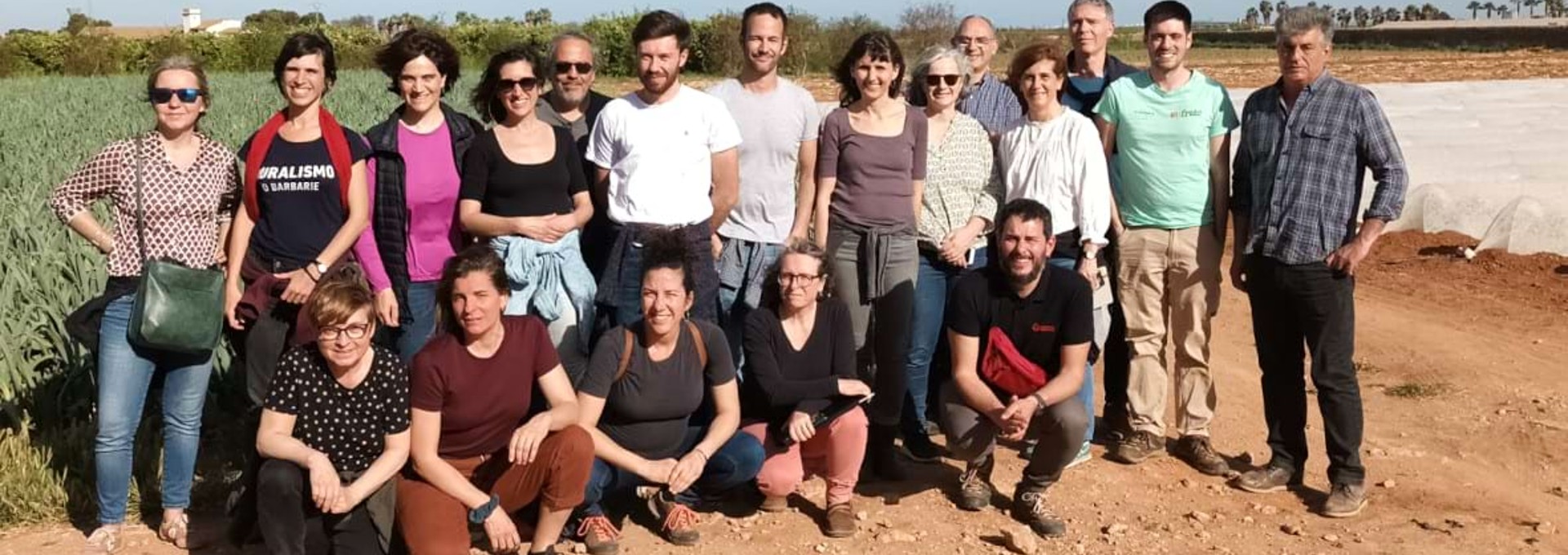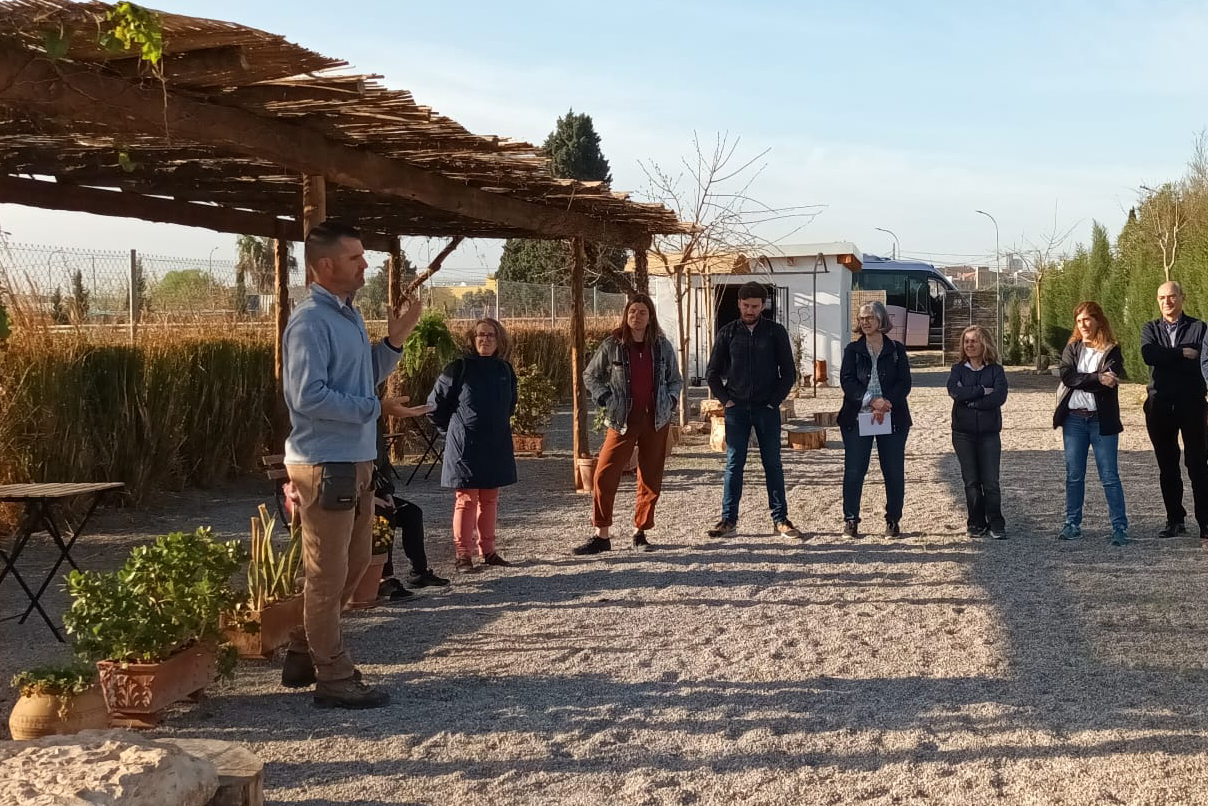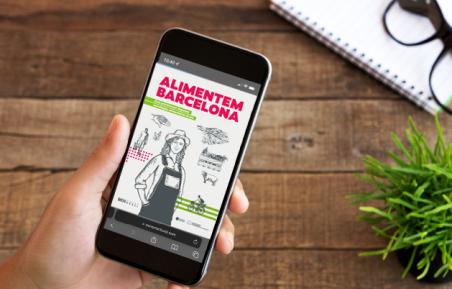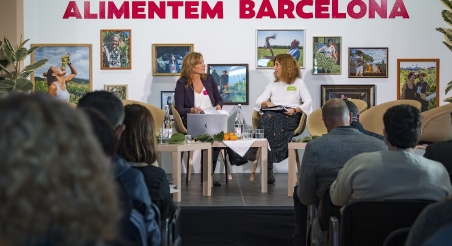The fragrance of blooming orange trees accompanied the delegation of agrarian park technicians from the province of Barcelona, municipal staff, and representatives of the Barcelona Metropolitan Area and the Government of Catalonia during their visit to the Horta of Valencia from 29 to 31 March. Their mission: to learn new strategies for revitalising agrarian activity and fostering generational renewal, as well as exchanging ideas on how to advance towards healthier, safer, and more sustainable food systems.
The trip, organised by the Barcelona Provincial Council under the BCN Smart Rural programme, was “a resounding success,” according to Sònia Callau, head of the Agrarian Territorial Directorate of the Provincial Council and the primary driving force behind the visit. “I believe this will mark a turning point for the region,” she said upon returning to Barcelona. The protection of agrarian land, support for agro-food projects from public administrations, and collaboration between the public and private sectors were the main pillars of a programme packed with activities, contacts, and significant learning opportunities.
Agroecological paradise
Upon arrival in the fertile landscape of the Horta of Valencia, the Barcelona delegation discovered several initiatives that make this area a beacon of agroecological sustainability. These included Vorasenda, a regenerative agriculture project supported by the local community with more than ten years of experience. Also notable was Saifresc, an organic farming company that uses biological pest control with the dual aim of producing healthy food while helping to maintain this ancient farming area. The trip’s agenda also featured a visit to the Ecotira of Mercavalència, where local organic producers sell their products directly to businesses, including retailers, wholesale markets, hospitality, and food services.
In addition to the field visits, the organisers arranged a series of discussion sessions to promote the exchange of ideas among participants. These sessions provided an opportunity to grasp the goals and actions of different administrations and underscored the importance of working together to promote healthy, sustainable, and locally sourced food. Participants also addressed the need to prioritise the development and implementation of food strategies on public agendas and explore ways to collaborate with the private sector to create synergies.
An agrarian space with a rich history
The agricultural history of what we now know as the Horta of Valencia dates back to the Roman Empire, when the area became a logistical hub and food supply centre for troops. However, it was during the Middle Ages, under Islamic rule, that the irrigation systems were built, which have been preserved for generations and have enabled farmers to cultivate crops successfully. It is precisely due to this sustainable water management that the United Nations Food and Agriculture Organization (FAO) declared the Historical Irrigation System of the Horta a Globally Important Agricultural Heritage System in 2019. Since then, the area has been internationally recognised for its close link between rural and urban environments. The Horta of Valencia is protected as an agricultural space by the Valencian Parliament and has developed a roadmap to enhance the local food system, aiming to move towards a more sustainable, healthy, and equitable model.
A call for collaboration
In a world facing challenges such as food insecurity and environmental degradation, it is crucial to discover agro-food initiatives that highlight the importance of local farmers and sustainable food production. This three-day visit to the Horta of Valencia demonstrated that, by collaborating, innovating, and protecting agricultural lands, these goals can be achieved. “If we work together with enthusiasm, we can create a food system that is not only sustainable but also resilient, equitable, and fair. The journey may be long, but the destination is worth it,” Callau concluded.
For more information on how to design and implement local food strategies, please contact Sònia Callau, head of the Agrarian Territorial Directorate of the Barcelona Provincial Council and coordinator of the BCN Smart Rural strategy.
— BCN Smart Rural Editorial —





